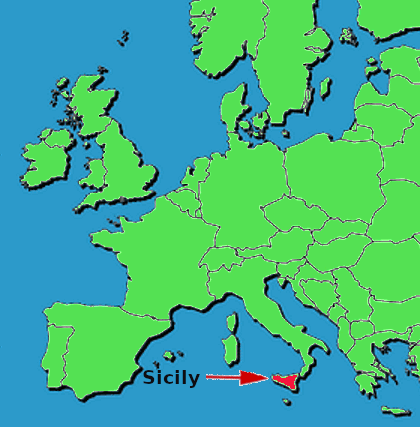
Circle the area on this map

C. If verified, Saturday’s temperature would be a new record for Spain, which shares the Iberian Peninsula with Portugal. From Spain to Italy to Greece, Southern Europe has been suffering from a blistering heat wave.
D. Last month was 0.02 degrees higher than the previous record tied in July 2016, July 2019 and July 2020. NOAA said 2021 will likely rank among the top 10 warmest years on record.
B. The purpose of conference in Glasgow, the most populous city in Scotland, is to accelerate action on cutting the greenhouse gas emissions which are warming the planet. Last week’s report was called “a code red for humanity," and warns of increasingly extreme heatwaves, droughts and flooding from climate change.
B. The report said the oceans will continue to warm and become more acidic. Mountain and polar glaciers will continue melting for decades or centuries. "The consequences will continue to get worse for every bit of warming," said one of the report’s authors. But, the report said failing to make changes quickly could endanger the future of humanity.